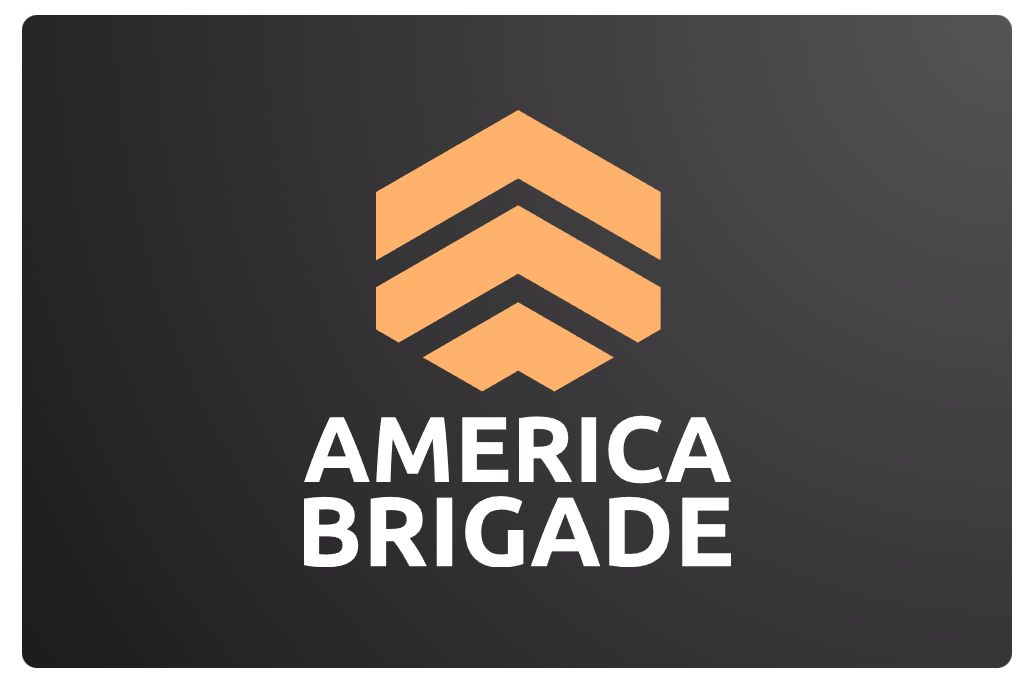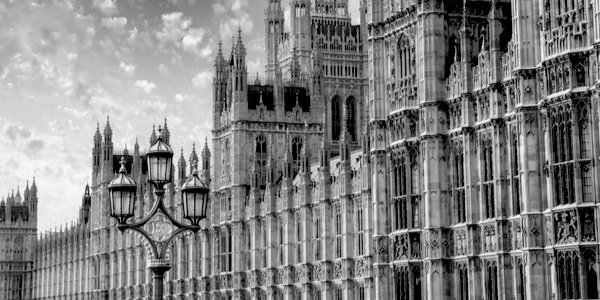THROUGHOUT history, education has been a battleground for control, a mechanism by which ideologues have sought to shape society in their own image. The United Kingdom’s controversial Children’s Wellbeing and Schools Bill has sparked intense debate, with its sweeping reach and authoritarian overtones leading many to draw uncomfortable parallels to the totalitarian regimes of the past. Most notably, when dissecting the language used to justify the bill, one cannot ignore its eerie resemblance to Adolf Hitler’s views on educational control, as outlined in Mein Kampf and later implemented by the Nazi regime.
The Weaponisation of Education: Then and Now
In Mein Kampf, Hitler made it abundantly clear that education was not about enlightenment or individual thought, but about producing citizens who conformed to the will of the state:
‘The folkish state must not adjust its entire educational work primarily to the inoculation of mere knowledge, but to the cultivation of absolutely healthy bodies. The training of mental abilities is only secondary.’
This notion that education should primarily serve the interests of the State rather than the intellectual and moral development of children has resurfaced in the rhetoric surrounding the Schools Bill. Statements, such as ensuring all children receive an education aligned with British values, and state oversight betray a mindset that seeks to subordinate parental authority to governmental control. The idea that education should be a means of producing state-approved citizens rather than independent thinkers is a dangerous precedent, and history has shown where such policies can lead.
Compulsory Compliance: The Authoritarian Nature of the Schools Bill
Hitler’s regime swiftly moved to eliminate parental choice in education. Schools were not merely institutions of learning but factories of ideological indoctrination, where National Socialist ideals were embedded into every subject. In March 1933, the Nazi government issued an educational decree stating:
‘German culture must be treated thoroughly.’
Compare this to modern statements regarding the Schools Bill, which emphasise rigorous oversight of all educational institutions – including private schools and home education – to ensure compliance with state-mandated curricula. The insistence on monitoring non-compliant institutions and registering all children for governmental review is disturbingly reminiscent of policies that sought to erase diversity in education and impose a singular ideological framework.
The Schools Bill proposes expansive powers to intervene in schools and home education under the guise of safeguarding and standardisation. However, its underlying effect (if not intent) is the erosion of parental rights and the centralisation of educational authority. Hitler’s strategy of dismantling educational autonomy is encapsulated in the Schools Bill’s attempt to impose uniformity and demand compliance from every corner of the educational sphere.
Undermining Parental Rights: The Nazi Precedent
One of the most disturbing aspects of Nazi education policy was its deliberate severing of the parent-child relationship. The regime sought to create a direct pipeline from state ideology to children, bypassing familial influence. Hitler Youth organisations were a prime example of how the government positioned itself as the ultimate authority over children’s minds.
Modern echoes of this are evident in statements surrounding the Schools Bill, which suggests that parents must be accountable to the Government for their children’s education. This subtly shifts the premise that education is a parental responsibility, making it instead a privilege granted by the State. Such a redefinition of authority mirrors the Nazi approach, where families were relegated to a secondary role, and children became property of the state.
Balancing the Debate: Where the Comparison Holds and Where It Diverts
It is crucial to acknowledge both the strengths and potential overreaches in this comparison.
Where the Comparison Holds:
- Both the Nazi regime and the Schools Bill demonstrate a push for centralised educational oversight, reducing parental influence in favour of state control.
- The monitoring and regulation of educational institutions under the Schools Billechoes historical attempts to standardise curricula for ideological purposes.
- The rhetoric supporting the bill suggests an erosion of educational choice, which history has shown can lead to dangerous consequences.
Where the Comparison Diverts:
- Unlike Nazi Germany, the Schools Bill operates within a democratic framework, where opposition and judicial review remain possible, though the process is often complex and inaccessible for the average parent.
- While government oversight can be misused, it does serve a legitimate role in ensuring basic educational standards and child protection, but only under specific, evidence-based conditions of genuine risk.
- The Nazi regime explicitly used education for propaganda and ideological indoctrination, whereas the Schools Bill presents itself as a measure of safeguarding and consistency – yet its implementation harbours the risk of excessive state control and suppression of educational freedom.
- While the Nazi regime sought the complete annihilation of the Jewish people, the Schools Bill does not intend anything remotely comparable in its aims. However, its policies may have unintended consequences that deeply affect the Orthodox Jewish community. By mandating strict compliance with state-imposed curricula that may conflict with their religious teachings, the bill risks undermining the foundations of Orthodox Jewish education. This could lead to a gradual erosion of their spiritual and cultural identity, restricting their ability to pass on their heritage and traditions to future generations.
The Danger of History Repeating Itself
It would be irresponsible to claim that the Schools Bill is a direct replication of Nazi policies. However, its ideological underpinnings, the pursuit of state control over education, the enforced uniformity, and the erosion of parental rights are undeniably reflective of authoritarian strategies employed in history’s darkest regimes.
The language used to justify the Schools Bill should be a red flag to all who value freedom of education and parental rights. Just as Hitler’s education policies began with seemingly benign regulatory oversight before escalating into full-scale indoctrination, so too does the Schools Bill present a slippery slope toward state overreach.
History has taught us that when governments seek to centralise control over education, they do so not for the benefit of children, but for the consolidation of power. The rhetoric justifying the Schools Bill is disturbingly familiar. If society fails to recognise the warning signs, we risk walking a path well-trodden by those who sought absolute control over the hearts and minds of future generations.
This article appeared in the Rabbi’s Substack on March 20, 2023, and is republished by kind permission.











